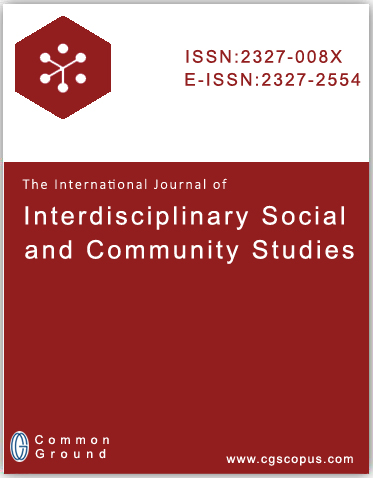THE PARADOX OF PROTECTION: HOW LEGAL SAFEGUARDS IN INDIAN ADOPTION LAW OBSTRUCT TIMELY CARE FOR ABANDONED CHILDREN U. Saranya, Dr. Ramakant Agarwal This research examines the unintended consequences of India’s legal safeguards governing adoption, particu
DOI:
https://doi.org/10.18848/rx8jjy74Abstract
This research examines the unintended consequences of India’s legal safeguards governing adoption, particularly under the Juvenile Justice (Care and Protection of Children) (JJ) Act, 2015, Hindu Adoption and Maintenance (HMA) Act, 1956, & associated regulatory frameworks enforced by the Central Adoption Resource Authority (CARA). While these legal mechanisms are designed to ensure the safety, rights, and long-term welfare of orphaned and abandoned children, they paradoxically create procedural bottlenecks that delay, and in many cases, obstruct, timely adoption and family reintegration. The rigid and time-consuming statutory requirements for declaring a child legally free for adoption, the inconsistent functioning of Child Welfare Committees (CWCs), judicial inefficiencies, and bureaucratic opacity result in children languishing in institutional care far beyond necessary timelines. This research interrogates the underlying legal philosophy that privileges procedural sanctity over a pragmatic, child-centric approach to care and protection. Drawing on policy analysis and comparative international frameworks, the study underscores how an overregulation paradigm undermines the very objective of child welfare. It argues for a recalibration of the legal framework to harmonize protective intent with functional efficiency. Legal safeguards must evolve from merely preventing harm to actively facilitating well-being. The research proposes reforms aimed at ensuring that legal protection does not morph into systemic neglect, thereby aligning the Indian adoption regime more closely with the best interests of the child, as mandated under both domestic law and international obligations.










